New book on China-US relations published
Updated: 2015-01-14 06:33
By Zhang Yuchen(China Daily USA)
|
||||||||
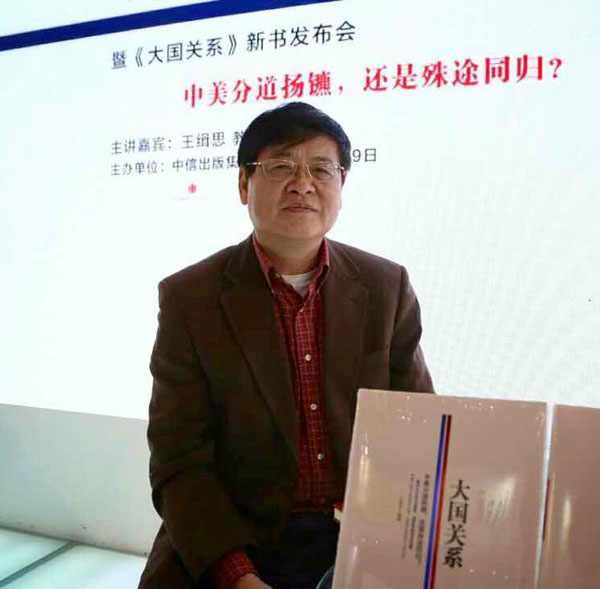 |
|
Caption: Wang Jisi, a Sino-US relations expert, said the two countries should emphasize cooperation rather than competition. Photo Provided to China Daily |
A new book on "major country" – or great power – relations by top Sino-US relations expert Wang Jisi, provides a needed political analysis from a Chinese intellectual perspective that tackles the heatedly argued question of how China and the US should forge a new type of great power relations.
The new model of great power relations between the US and China has been talked about at least since 2012. Rather than offering a definitive vision of the two countries' new type of relations, political analysts and academic elites from the two sides shared their own views on the prospects for future development of the relations. The new book advances the discussion on key points on the potential to build that relationship.
As a work of historical and current analysis of the new type of the relations, the book comprises six chapters, the first of which summarizes theories of the pessimists, optimists and people warning of the US-China relationship. In the second and third chapters, contributing writers offer a historic retrospective of major powers rising and confronting each other, dating back to ancient Greece. They also scrutinize the global political and economic environment in the New World.
Chapters 4 and 5 are mainly about the history and status quo of the US and China relations. The final part of the book presents ways to establish a new type of partnership: deepening understanding and adjusting to each other's strategies, sharing the global responsibilities, searching for more common interests, and preventing severe crises.
To veer from or march toward similar goals is among the main concerns in regards to the future of their relations, and is achieved through cooperation and competition in the historical narrative as well as in the context of globalization.
As the originator and author of parts of the book, Wang Jisi, leading a group of young talent from top Chinese political institutions, articulates in the book the possibilities as well as the challenges of the new type of major country relations.
Lack of trust in each other's promises, growing competition in the Asia-Pacific area, and uncertainties in both societies, China and the US face more critical issues than ever before to develop their relations. Wang offers a reminder in the book that foreign policies will always be an indicator of domestic policies.
Having a neutral and realistic stand, Wang believes China should shoulder its own responsibilities in the international community.
"China won't be a real great power until it learns to tell stories of its own and voice its ideas on the international issues," said Wang at the book-publishing press conference on Jan 9.
"The goal will never be the two countries turning out to have the same ideology, will never be the same goal, the same political system, or the same social structures," said Wang, president of the Institute of International and Strategic Studies, Peking University. "The same goal will be that China and the US, based on their own domestic needs and international interests, obtain their own objectives, at home and abroad, within their relations of no confrontation or conflict but mutual respect and win-win cooperation."
The objectives of their own, according to Wang, will be to maintain world order with the US playing a leading role in it; continually developing China's economy and social stability, abiding by the accepted principles.
Respect exists despite the dislike or being displeased with the differences between the two sides.
Mutual respect is built with the acceptance that the US and China work in different ways; through respecting the US in its role as a leader and respecting China and its government.
The past thirty years' reforms and development brought to bear that China is not the victim of the set world order. In the contrary, China has been benefiting as well as transforming the order in a better way to serve the international community with more involvement in many issues such as environmental protection, nuclear and Internet security.
At the same time, the US seems missing its motives as well as the will to influence, though the powers of the American country is still climbing. With the emerging powers and China's reputation rising in Asia, the US allies' powers in decline and global issues changing from the old days, the US is faced with a new situation that requires more cooperation with its Asian major counterpart.
But what exactly as ideal partners are they expecting to see? What are their outlooks on the relations that they should forge in the new era of the future development?
"In spite of the fundamental differences, China will be more like the US in 30 or 50 years, more tolerant and diversified," said Wang. "We also hope to see an America with more balance in its domestic policies and more equality in its minority population."
zhangyuchen@chinadaily.com.cn

 Best wedding snaps in 2014
Best wedding snaps in 2014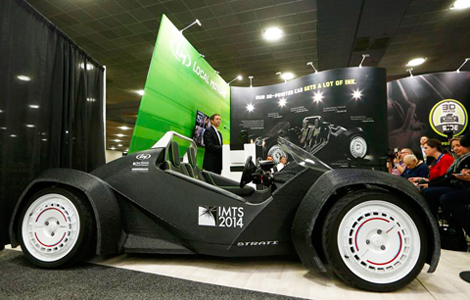
 Fancy sportscars premiere at Detroit auto show
Fancy sportscars premiere at Detroit auto show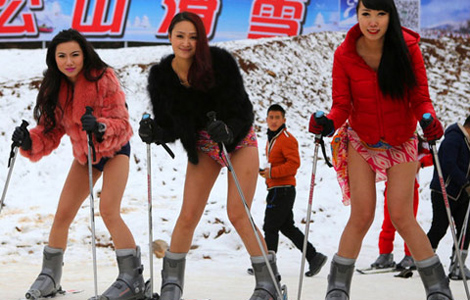
 Looking hot in the cold
Looking hot in the cold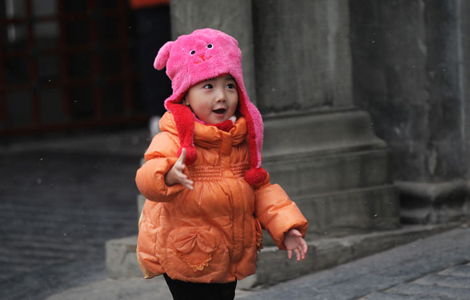
 Beijing sees first winter snow amid heavy smog
Beijing sees first winter snow amid heavy smog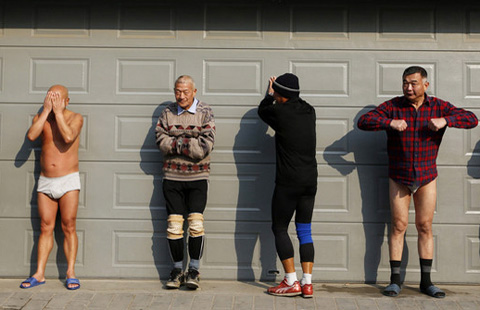
 Elderly swimmers see health benefits in freezing water
Elderly swimmers see health benefits in freezing water
 Girl uses nose to run online store
Girl uses nose to run online store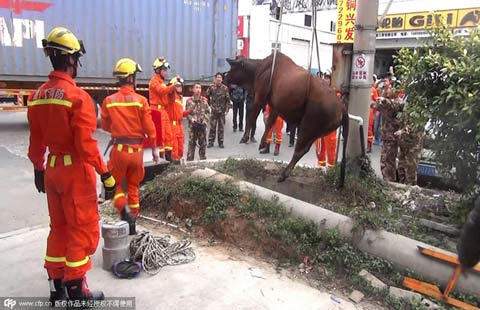
 Pregnant cow winched from well by crane
Pregnant cow winched from well by crane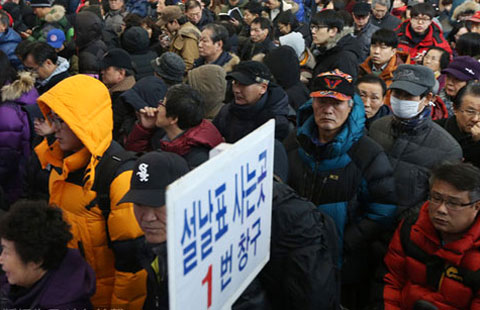
 Lunar New Year tickets run hot in South Korea
Lunar New Year tickets run hot in South Korea
Most Viewed
Editor's Picks

|

|
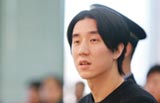
|

|

|
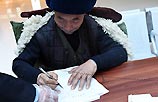
|
Today's Top News
Turkey to help in foiling suspects from Xinjiang
Japan unveils record defense budget
HK halts investment program
China unifies pension system
Lingerie not focus of Victoria's Secret in China
China's ban on US chicken could cost millions
SelectUSA round 2 gears up
New book on China-US relations published
US Weekly

|

|







